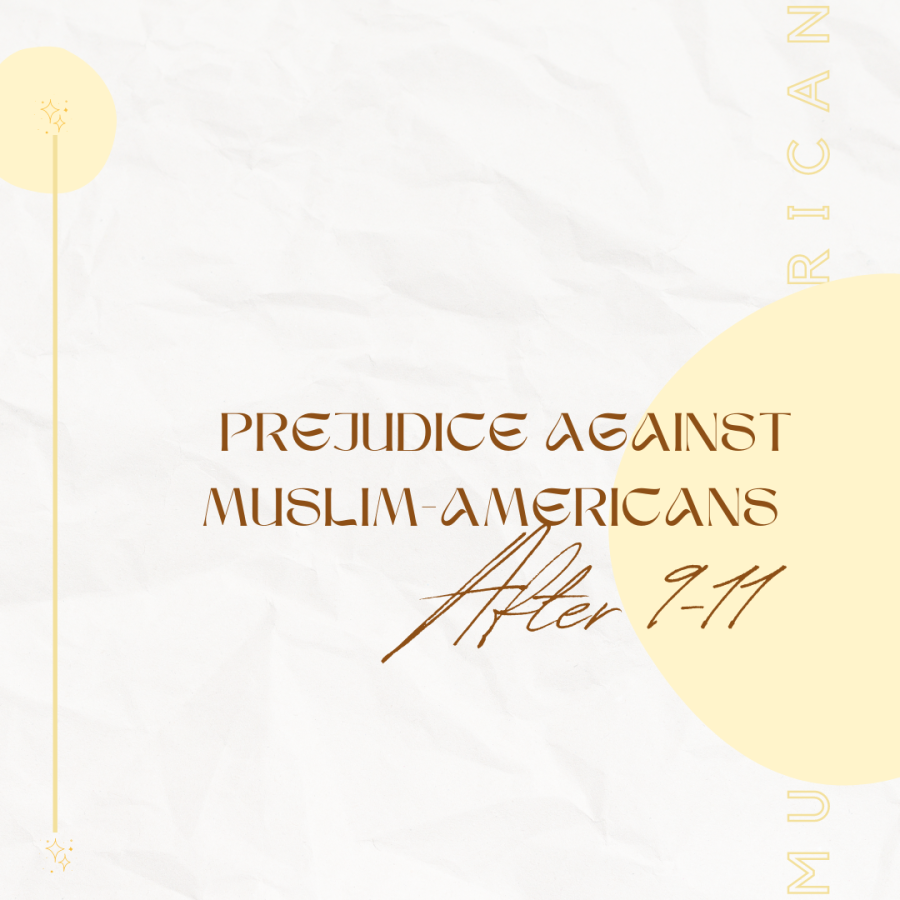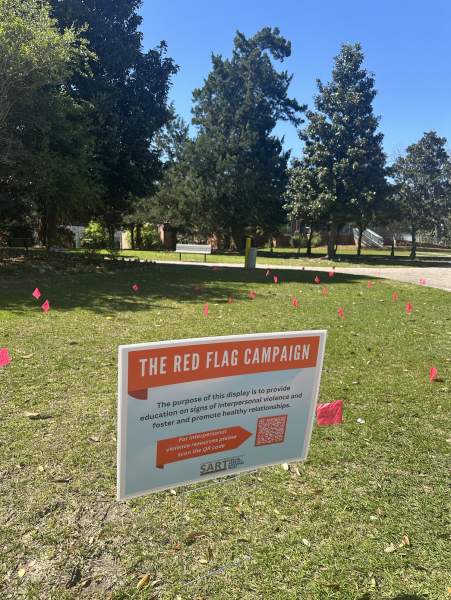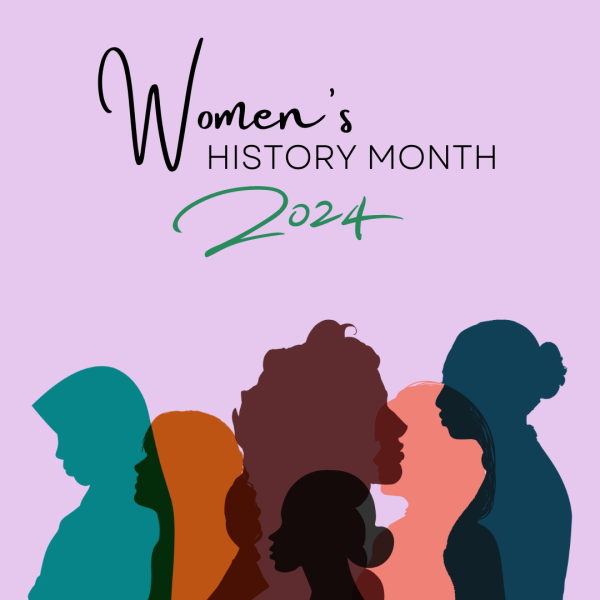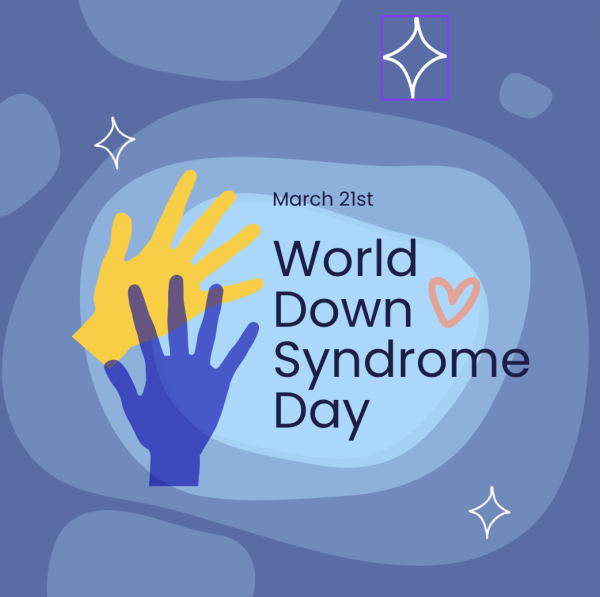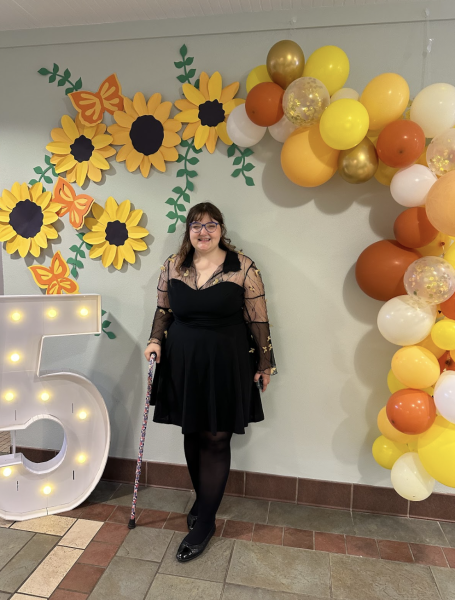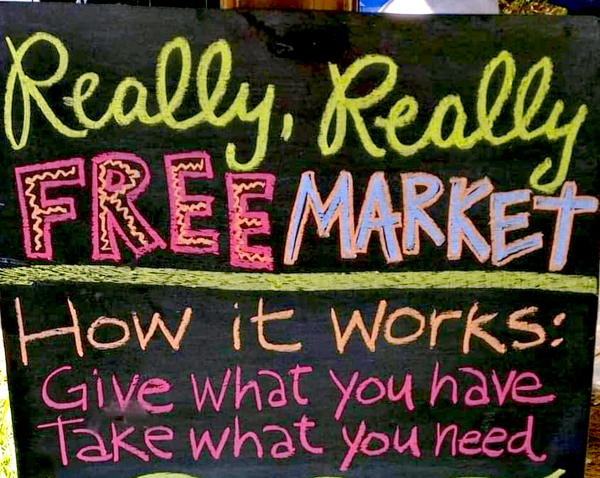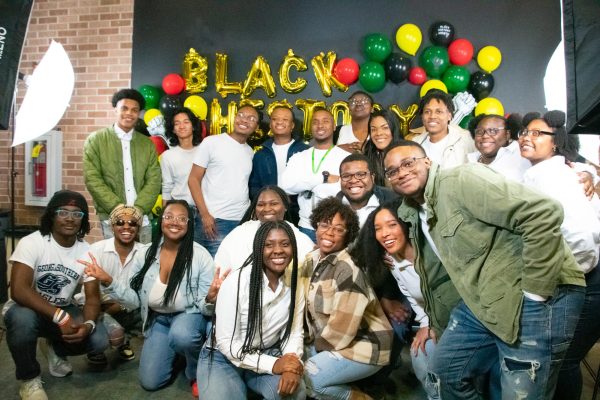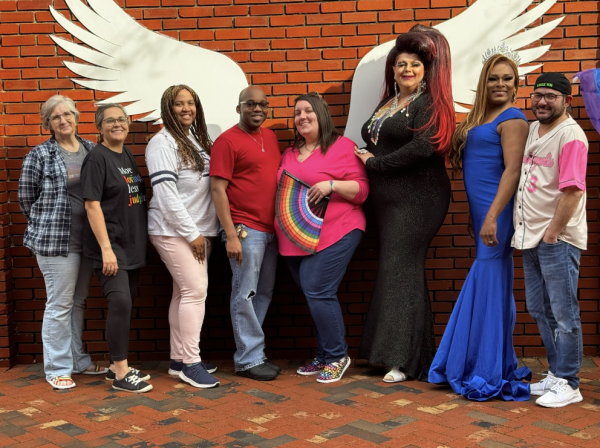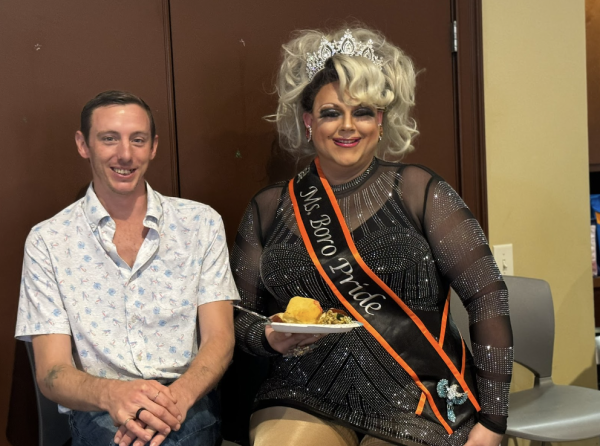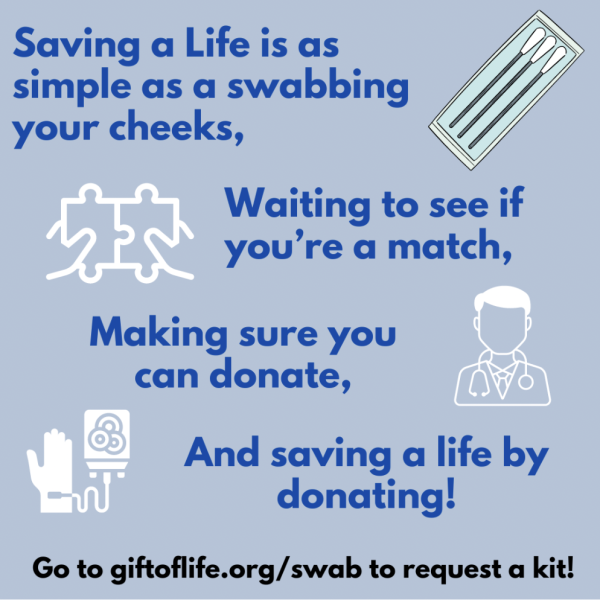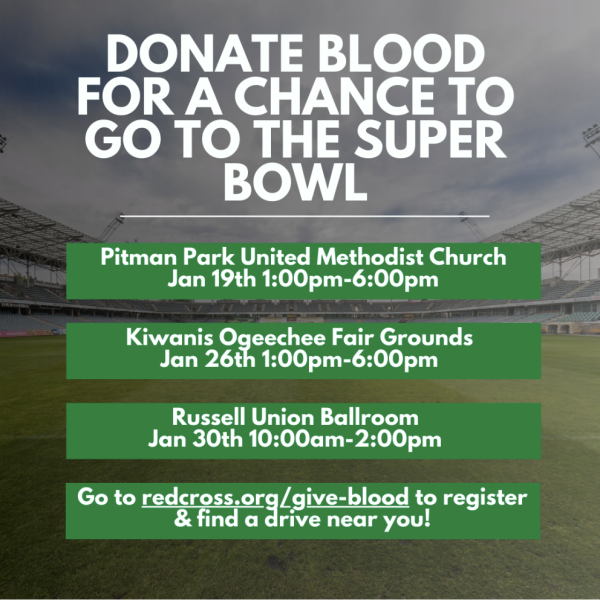Prejudice Against Muslim-Americans After 9/11
September 11, 2001, was the beginning of increased prejudice towards Muslim-Americans. As stated by the FBI, hate crimes towards Muslims increased after the 9/11 event. Since 9/11, Muslims have experienced Islamophobia. According to A Georgetown University Initiative, Islamophobia is an “extreme fear of and hostility toward Islam and Muslims which leads to hate speech and hate crimes, and social and political discrimination”.
Georgia Southern University students were asked in an anonymous survey if they believe Islamophobia exists. 100% of the respondents said “yes”. Here is what Georgia Southern University students had to say about experiencing or witnessing Islamophobia:
- “I am not a Muslim, but have a bit of experience with Islamophobia. Since learning Arabic, I call my pets “Habibi,” which is a term of endearment in Arabic. Some people have objected to that and wondered why I am speaking a “heathen” language!”
- “Yes, I have been subject of verbal attacks and jokes.”
60% of the students have not experienced or witnessed Islamophobia. When asked what contributes to Islamophobia, students responded by saying:
- “Excessive media coverage of Islamic fundamentalists, disinformation and ignorance regarding what Islam really teaches, and a lack of coverage of positives pertaining to Islam and the positive contributions of its followers.”
- “Misinformation.”
- “Ignorance and unwillingness to learn and understand others.”
- “People being absolutely stupid and prejudiced and treating people as “others” rather than understanding that we are all human and what I believe has nothing to do with you.”
- “A lack of understanding of Islam in itself, presumed ethnic and racial stereotypes that lead to prejudice, the need to identify an ‘enemy’ or malicious ‘other,’ misinterpretations of Islam and Muslim identity that portray negative aspects of human behavior rather than actual spiritual and cultural beliefs.”
The students were also asked, “How did attitudes toward Muslim-Americans or those perceived to be Muslim change after 9/11?” The students responded to the question with:
- “I believe that attitudes became more hostile towards Muslim-Americans after 9/11. It seemed that the pervading belief was that the probability was high that most Muslims had the propensity to become radicalized. Therefore, they could not be trusted. A clear distinction was not made between Islamic fundamentalists and faithful Muslims.”
- “Hate crimes against Muslims have grown drastically after 9/11.”
- “People started to assume all Muslims were terrorists and became very negative and racist towards them.”
- “People definitely developed tendencies to group all Muslim people together, and people who seem similar as well, and they decided to blame an extreme act by a small group of people on everyone who could possibly be similar to them.”
- “From my understanding, there was already a hefty amount of tension, dating back centuries. But, after the attacks on 9/11 there was and continues to be a surge in Islamophobia and discriminatory action against Muslim people, and those perceived to be.”

